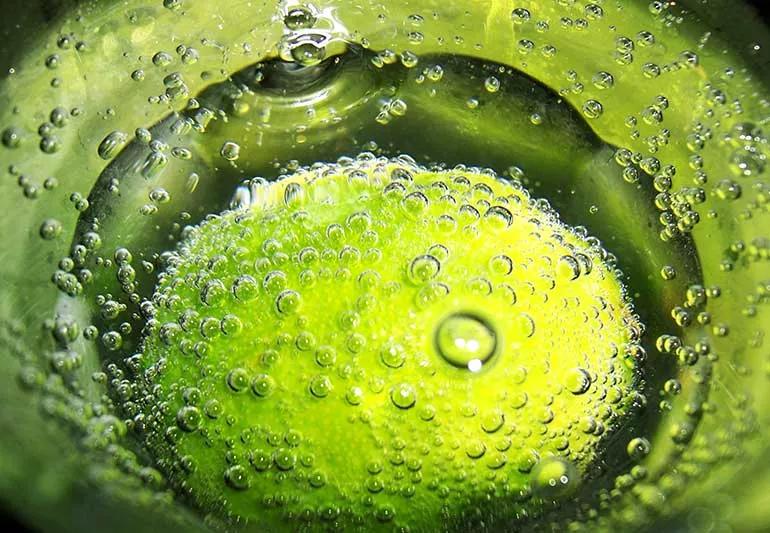Too many high-sugar and acid-laden sodas create a perfect place for tooth-eroding bacteria

Image content: This image is available to view online.
View image online (https://assets.clevelandclinic.org/transform/049a8317-0ae4-48a8-80bc-de8e0f4071cb/Mountain-Dew-Mouth-172157548-770x533-1_jpg)
Green soda.
Enjoy Mountain Dew® soda’s high-voltage flavor? Buyer beware. The effects of drinking too much of it can be just as shocking.
Advertisement
Cleveland Clinic is a non-profit academic medical center. Advertising on our site helps support our mission. We do not endorse non-Cleveland Clinic products or services. Policy
“People who frequently drink Mountain Dew and other types of soda can develop major dental problems, including extensive cavities that visibly darken and break the teeth. This phenomenon is sometimes known as ‘Mountain Dew mouth,’” says dentist Anne Clemons, DMD.
Dr. Clemons explains why soda has such a strong effect on the health of your teeth and ways you can prevent it from happening.
Dr. Clemons says that most sodas contain the Mount Rushmore of cavity-causing ingredients: sugar (in the form of high fructose corn syrup), carbonation and citric acid.
“Tooth enamel is the hard, outer layer of your teeth. These ingredients can wear down your enamel through a process called erosion,” she explains.
Here’s how tooth erosion works:
Advertisement
“Even healthy mouths have bacteria. But the sugars and acid throw it out of balance, creating a snowball effect,” says Dr. Clemons. “The cavity-causing bacteria continue to increase over time, and these changes to your teeth get exponentially worse.”
The earlier tooth decay starts, the harder it is to stave off — which is why prevention is so important.
Dr. Clemons says these habits can help reduce your risk:
While Mountain Dew mouth pictures may have you running for the hills, there’s room for compromise. “Prolonged contact with the teeth is what changes things,” Dr. Clemons says. “How and when you drink soda matters.”
Here are her tips for enjoying soda responsibly:
Regular dental checkups not only help prevent tooth decay, but they also lead to better treatment results. But make honesty your policy. Your dentist needs to have a clear understanding of your habits. Making sure you brush twice a day for at least two minutes can also help in the long run.
“I can fix your teeth, but it won’t matter if the environment in your mouth that’s causing tooth destruction doesn’t change. It’s critical to control, improve and change your risk factors,” Dr. Clemons says.
“Regular checkups also help us catch cavities early, which gives us a better chance to save the tooth. We can build up the tooth’s eroded structure with dental fillings, crowns and root canals. The treatment we use depends on how much of the tooth is affected.”
Advertisement

Delivered every Tuesday!
Sign up for our Health Essentials emails for expert guidance on nutrition, fitness, sleep, skin care and more
Learn more about our editorial process.
Advertisement
Diet sodas are associated with weight gain, and may even cause insulin confusion
Replace sugary drinks with healthier beverages
Study links all soda to early death
The short answer from an oncologist
No amount of caffeine is safe for kids under 12, and kids 12 to 17 should be cautious about how much they consume
These ‘no-calorie’ drinks are linked to poor health
Most recommended precautions center around minimizing bruising or swelling
Type 2 diabetes isn’t inevitable with these dietary changes
Applying a hot or cold compress can help with pain
Pump up your iron intake with foods like tuna, tofu and turkey